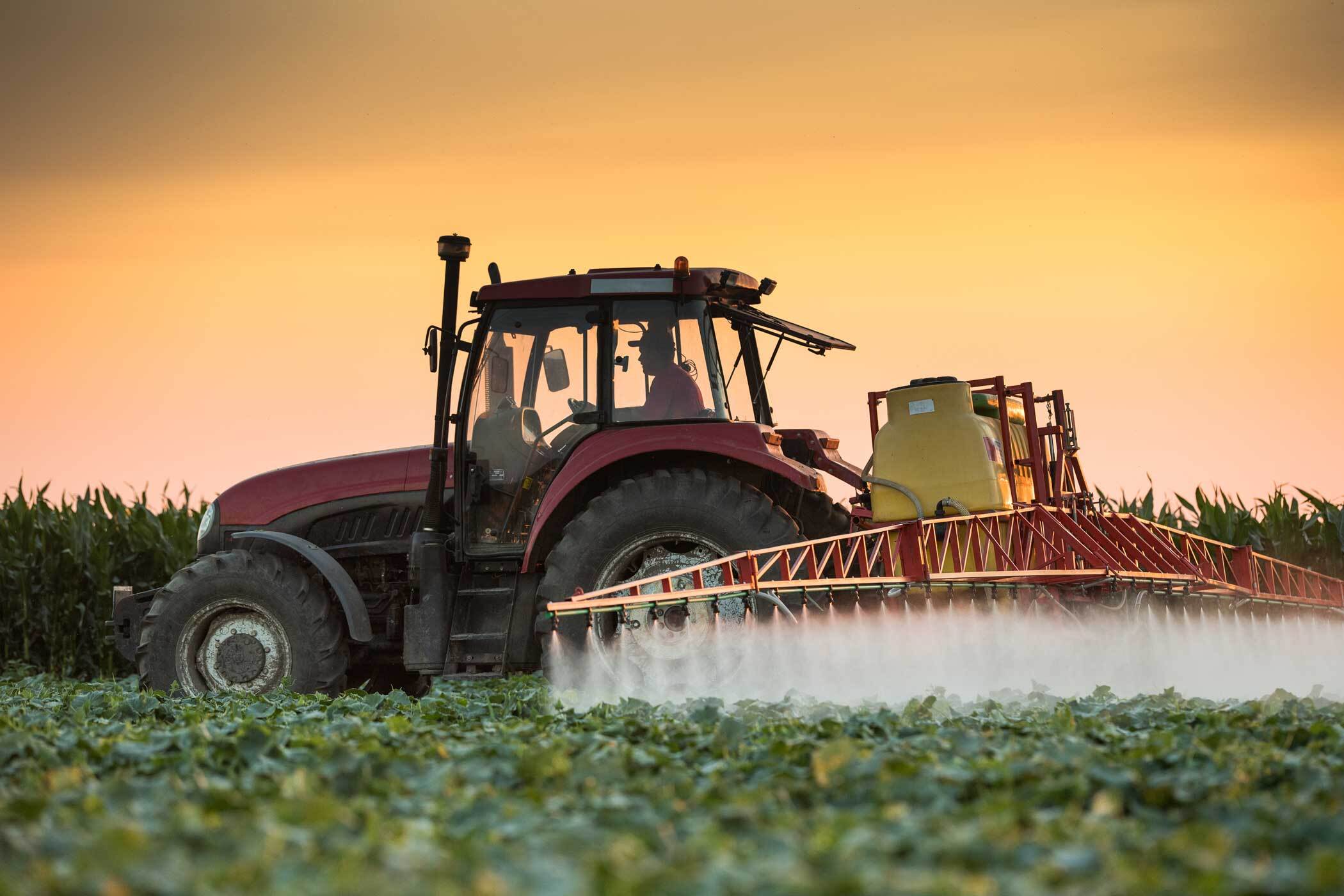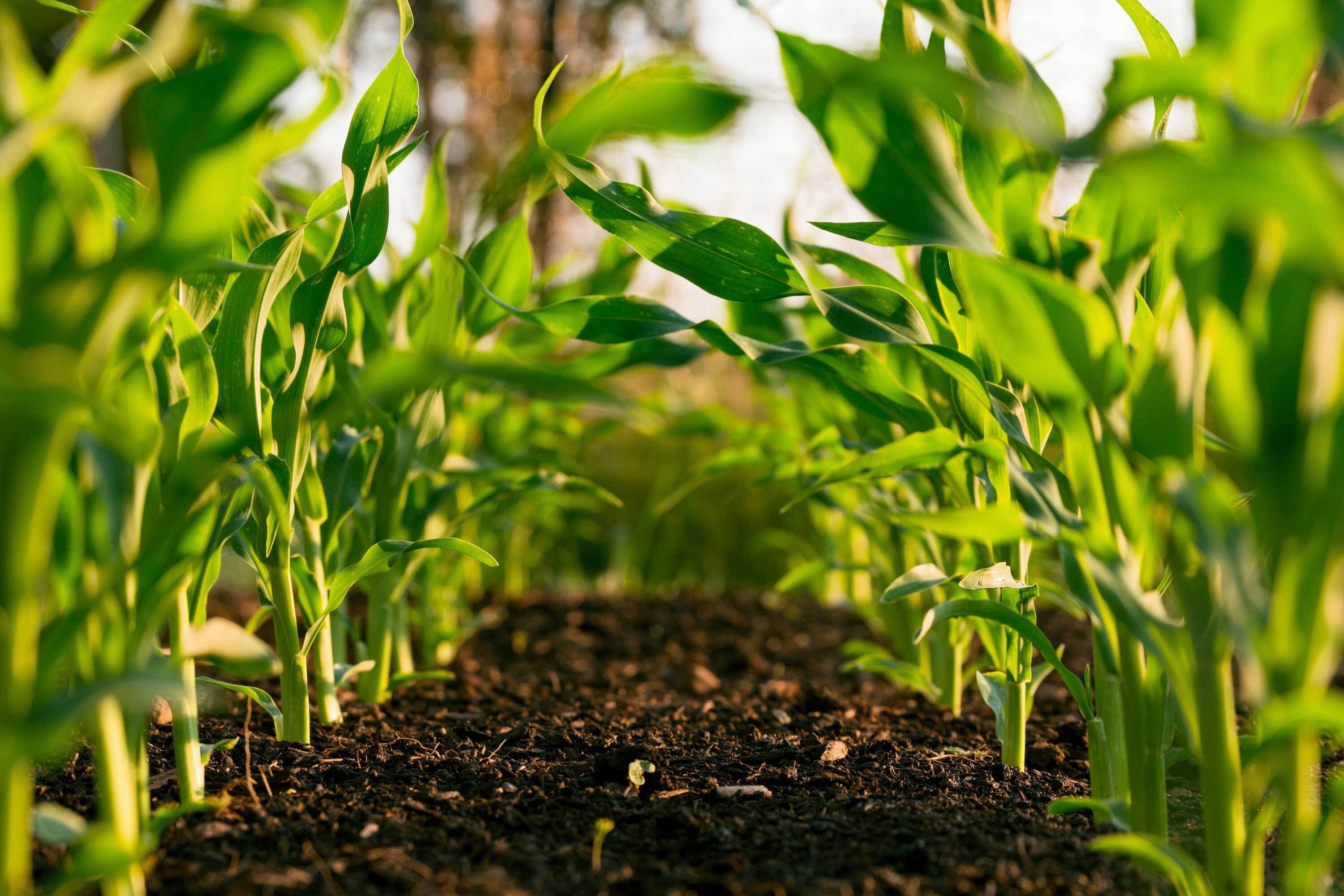Reducing pesticide residues from the manufacturing of crop protection chemicals
Agriculture in Europe is reliant on fertilizers and chemical plant protection – almost 400 000 tonnes of pesticides and other phytosanitary products were sold in the EU in 2016. Yet the chemicals used during their manufacture, as well as residue from the pesticides themselves, can contaminate wastewater. If this enters the natural environment, it has the potential to cause pollution and damage. Manufacturers are therefore subject to strict laws concerning the treatment and disposal of wastewater, which can be contaminated by processes such as chemical side reactions, spent acids and caustic streams, condensed steam, and waters from rinsing the machinery after usage. Mobile activated carbon filtration technology, as used by DESOTEC, has been designated a Best Available Technique (BAT) for the purification of phytosanitary wastewater due to its proven ability to reduce contaminants such as adsorbable organic halides (AOX) and organic matter to legal limits.




